Batik village goes into Eid overdrive
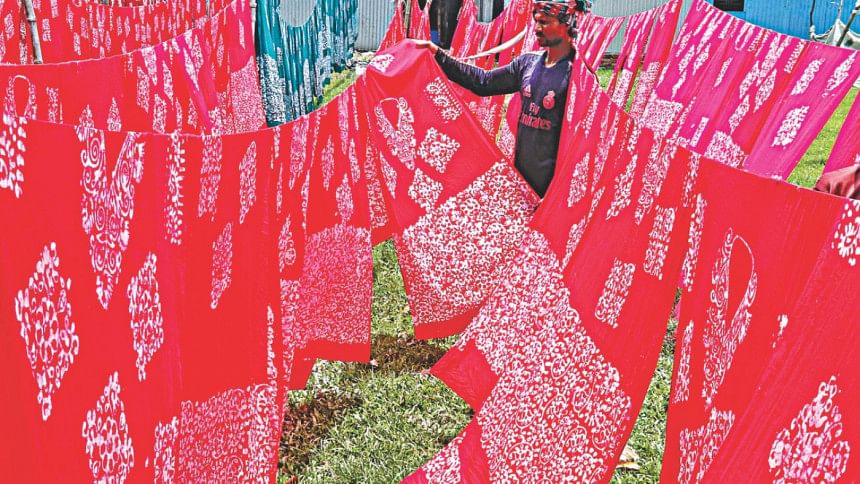
On a mundane Monday, the sun shone brightly in the front yard of the home-cum-factory of Iqbal Hossain and his wife but they were arranging batiks in neat folds, not caring about the heat.
To meet the production target ahead of Eid-ul-Fitr, Iqbal at Banti village in Narayanganj recently hired four seasonal workers.
They have been working 12-14 hours a day along with four regular workers. Still the whole process of dyeing, printing, washing, drying, folding, packaging and marketing became an arduous task to complete.
So, the couple themselves joined in.
Iqbal now makes 1,500 three pieces for women a week compared to 500 at any usual time.
The demand for the soft cotton materials goes up with the onset of summer. This year, it has increased manifold due to Eid, encouraging businesses to intensify their production.
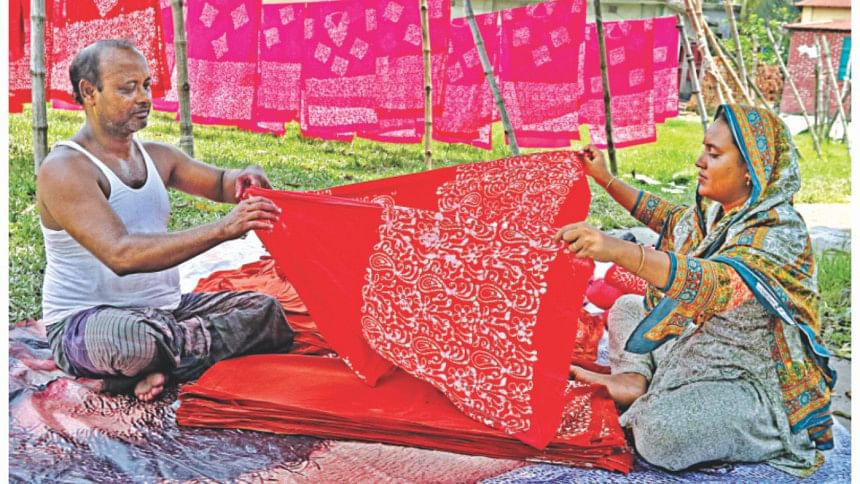
“We [husband and wife] are working nowadays along with the workers as they are finding it difficult to finish the task timely,” Iqbal said.
Like his, 1,200 other families at Banti village in Araihazar upazila have engaged in batik production in the expectation of some additional income in this peak season.
Businessmen first purchase grey fabrics from nearby mills. Workers then dye those and print patterns on those, mostly by hand.
Against the backdrop of immense work pressure and need for more workers, skilled people from other areas during this time every year come to the village in search of temporary jobs.
“We pass almost the whole night, printing patterns on fabrics. It's a good time for us as we are earning extra money, working overtime,” said Zahirul Islam who came from Kishoreganj district.
Amir Hossain who washes cloths said he was earning Tk 2,600 a week as the payment for overtime had been increased amid a higher volume of work orders.
The batik production gathered momentum as wholesale customers mainly from Dhaka, Munshiganj, Barisal, Karatia in Tangail, Sirajganj, Sylhet, Gazipur and Mymensingh began purchasing the clothing material from Banti and nearby bazars, according to villagers.
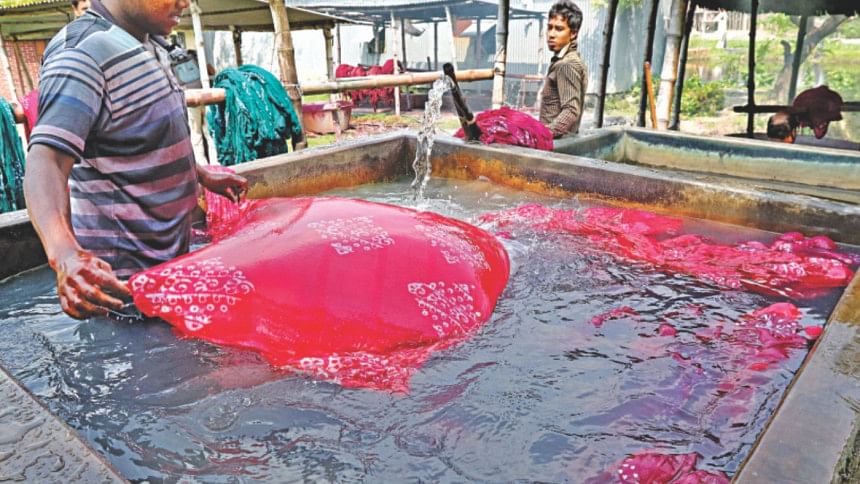
With a festive mood, business owners, their family members and workers have been working together to keep up with the demand.
The whole area has become dotted with cloths of different colours as the villagers put them out to dry after dyeing, printing and washing.
The main markets where these batiks would be sold are Baburhaat at Narsigndi and Gausia at Narayanganj. Three other wholesale markets have recently opened at Banti.
The village is famous for the traditional cotton fabrics as people here have been in this business for generations. They produce mainly three pieces for women, pillow covers and bed sheets.
Witnessing good profits in the batik business, two nearby villages -- Panchrukhi and Palla -- took an interest in making the fabrics.
In a recent visit to Banti village, only a few machines were seen for printing fabrics. More than 95 percent batiks are made by hand.
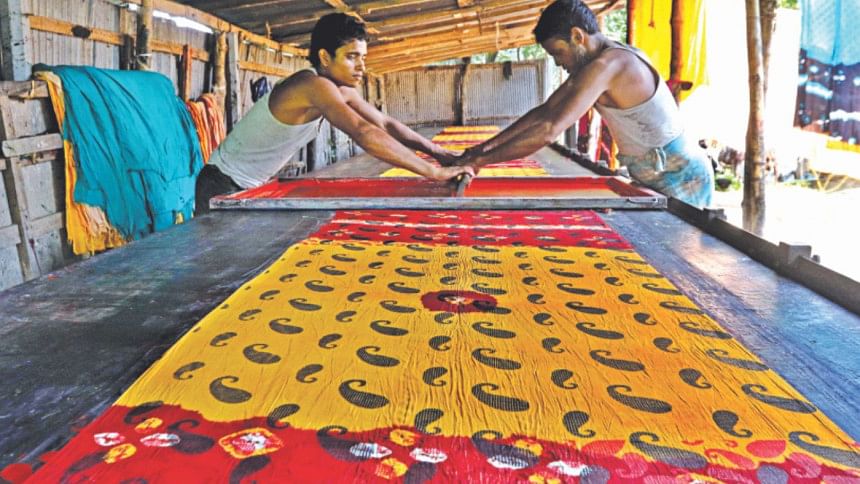
Hossain Ahmed along with his family members was busy working on the ground floor of his under-construction building.
He said he had received many work orders from boutique houses in Dhaka.
“The renowned boutiques place orders much before the Eid sales begin in shopping malls in Dhaka and other divisional cities. Now we are busy completing the work orders,” Ahmed said.
He earned Tk 50,000 from the sale in a month while some in Banti made profits of Tk 1lakh to 6 lakh.
“We will remain busy until three or four days before Eid,” said Habibur Rahman, a worker who spreads fabrics on washing lines or fields to dry.
All cloths are dried under the sun, not mechanically, he said.
The batik business witnesses a boom before Pahela Baishakh, the first day of Bangla calendar; Independence Day on March 26 and Victory Day on December 16 as well, said Atique Hassan, owner of Atique Dyeing.
For a couple of years, some people in Banti are making national flags of bigger sizes ahead of the national days' celebrations, he added.
Exporters also purchase batiks from wholesale shops at Banti as the demand for such clothing materials is high in the European countries and the US where Bangladeshi migrants live in large numbers, said Shamsul Haque, owner of one of the 1,000 wholesale shops at Banti Bazar.
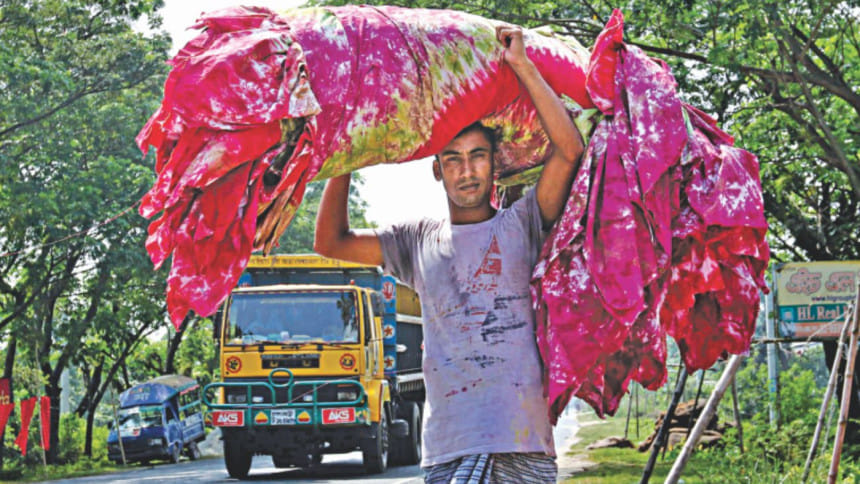

 For all latest news, follow The Daily Star's Google News channel.
For all latest news, follow The Daily Star's Google News channel. 

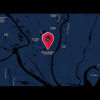



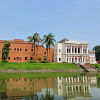

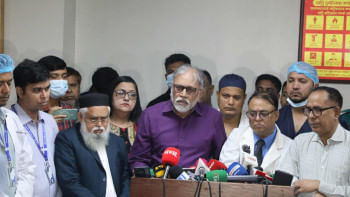
Comments